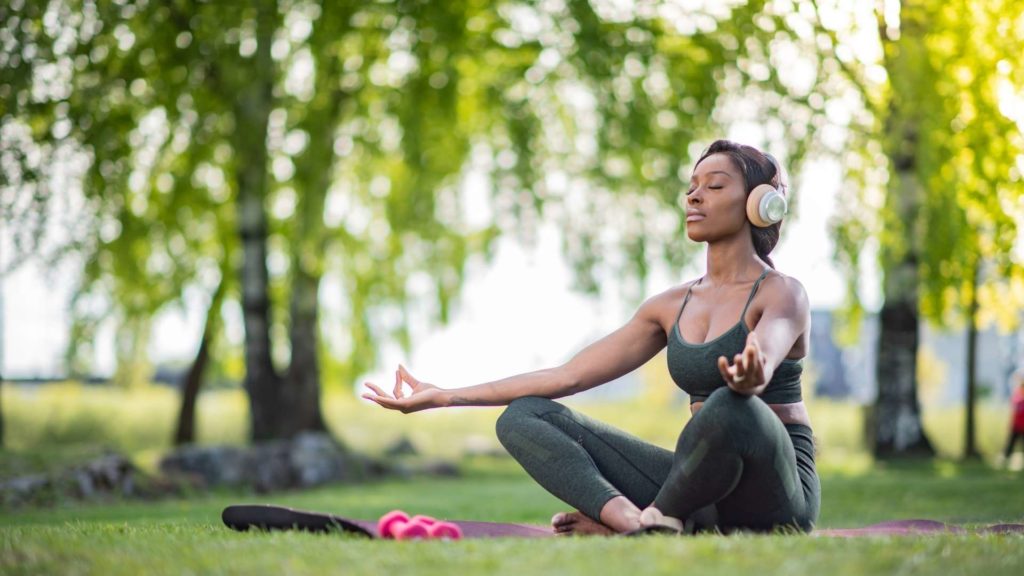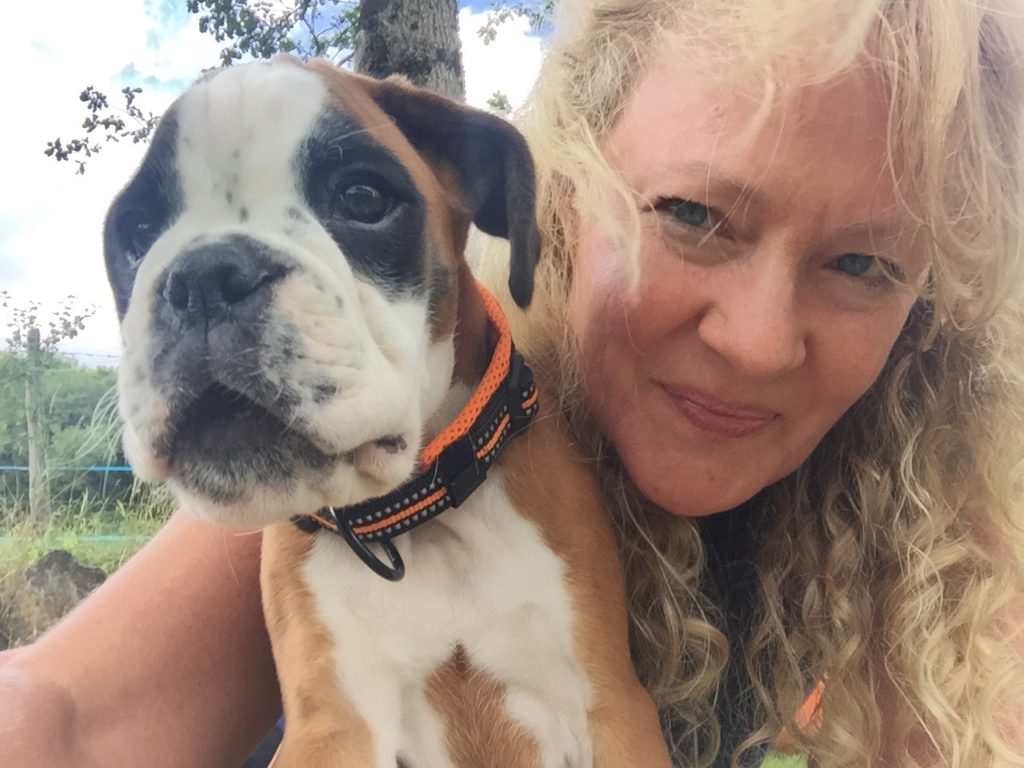Are you doing well in your life? Are you feeling good? Nothing to complain about? No stress? Happy and grateful when you wake up in the morning? Satisfied and appreciative of a fantastic day when you go to bed? Not many people can answer yes to all of these questions. And I think that is normal – it is a rare person indeed that is in the perfect place in their lives. Therefore, building resilience especially with “Downtime” must be a part of our daily lives.
We are a demanding species, always wanting things to be better. So demanding in fact that some of us “burn out” trying too hard or simply not respecting “downtime”. I have recently read that downtime is as important as Vitamin D for our health and well-being.

Downtime
What is “downtime”? This is scheduled time in your day when you rest, when you turn off distraction, when you are with yourself. Some examples are:
- Meditation Walks in Nature
- Relaxation or Yoganidra Listening to music
- Playing a musical instrument Doing artwork
- Receiving a massage
- Going to a spa/thermal baths etc.
What downtime is NOT: watching Netflix (or other streaming), scrolling social media (or anything else on a screen), getting together with friends or colleagues for drinks or dinner, parties, drinking alcohol, smoking cigarettes, etc. you get the idea.
The Importance of Downtime
Downtime isn’t a luxury, it is a necessity to maintain good mental, physical and emotional health. According to Psychology Today “Downtime helps our brain’s default mode network consolidate information and solve problems.” We spend up to half our work days receiving new data, which means we need downtime to process all of it. And when we don’t, our mental and physical states suffer.
When we are constantly stimulated throughout the day, the brain and the body move into a state of constant fatigue, and we are prime candidates for burn-out.

Building Resilience with SCHEDULED Downtime
By scheduling downtime into every day, you are building your brain’s capacity to deal with the unexpected. You are also giving your physical body the ability to respond appropriately to emotional stress (thus preventing a burn-out).
Refer to the list above for ideas or think up your own downtime experience. If the idea of adding a downtime to your day excites you or makes you feel good, it means you really need it.
Be well, be happy and be an example. If you need further help, leave a comment below or contact me: anne.macnabb@gmail.com

